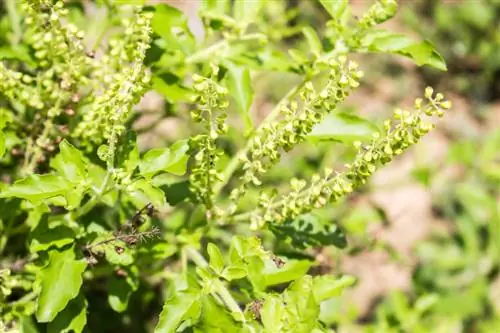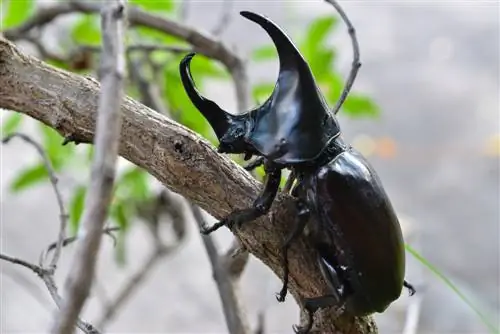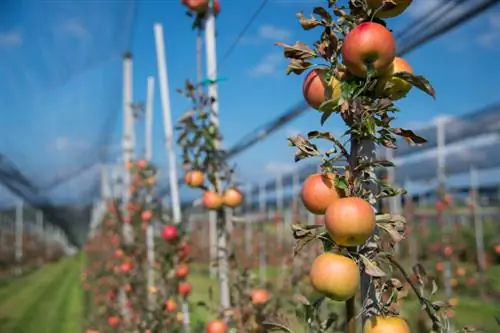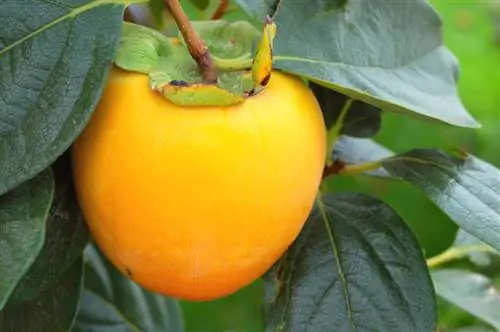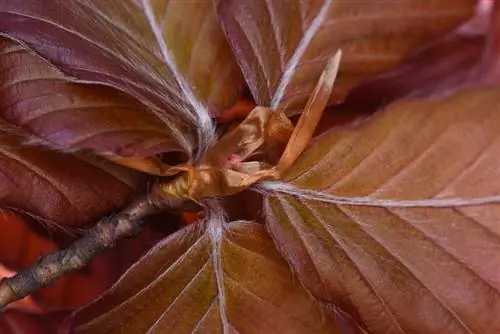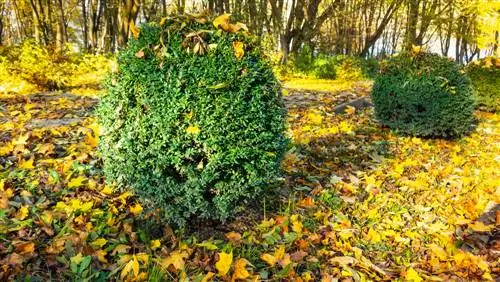- Author admin leonars@hobbygardeners.com.
- Public 2023-12-16 16:46.
- Last modified 2025-06-01 06:02.
Basil has accompanied people since ancient times. Today widespread worldwide, the exact origin of the legendary herbal plant has been largely elucidated. Browse here for interesting information regarding origin, cultivation and use.
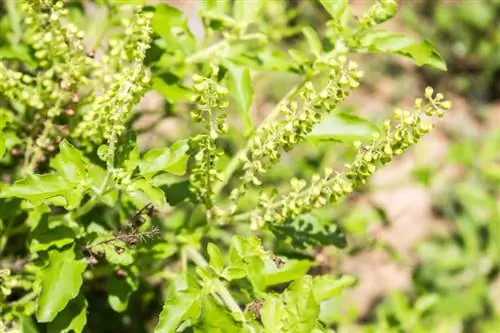
Milestones in historical development
The cultivation of basil most likely began in India. The herbal plant is described in detail in Hindu scriptures that are thousands of years old. To this day, Indians include the holy herb in their daily religious rites. The following milestones mark the route from Basil to Europe, mixing legend and fact:
- In Egypt, basil wreaths served as holy grave goods in 3,500 BC
- The famous physician Hippocrates (460-377 BC) mentions basil in his writings
- the soldiers of Alexander the Great (356 - 323 BC) bring basil from India to southern Europe
- Hildegard von Bingen (1098-1179) recommends growing royal herb in the monastery garden
So basil found its way into Germany as early as the 12th century. Since then, its central use has changed from a pure medicinal herb to one of the most popular culinary herbs. While its inimitable aroma is undisputed, therapeutic use is now discouraged due to possible carcinogenic effects.
Uncomplicated cultivation
Regardless of its tropical origins, growing basil is uncomplicated even in European latitudes. Within the wide range of varieties, there are specimens for both perennial cultivation in the bed and for annual cultivation on the balcony. If you take the following essential aspects into account, you can look forward to your first harvest within a few weeks of sowing:
- Sowing behind glass from the beginning of April
- Germination temperature 20 to 25 degrees Celsius
- Germination time 5 to 14 days
- planting outdoors from mid-May
- sunny, warm, well-protected location
- nutrient-rich, fresh, moist soil
Proper care for basil focuses on a balanced supply of water and nutrients. As long as the substrate does not dry out and is fertilized organically weekly, the herb plant will thrive. In order to extend the harvest period to its maximum duration, flowering is prevented by constant cutting of the shoots.
Tips & Tricks
Foodies never add fresh basil to a warm dish. The unique aroma content of the leaves is almost completely destroyed by heating. Only in the finale of a preparation does the hour of royal herb arrive.

